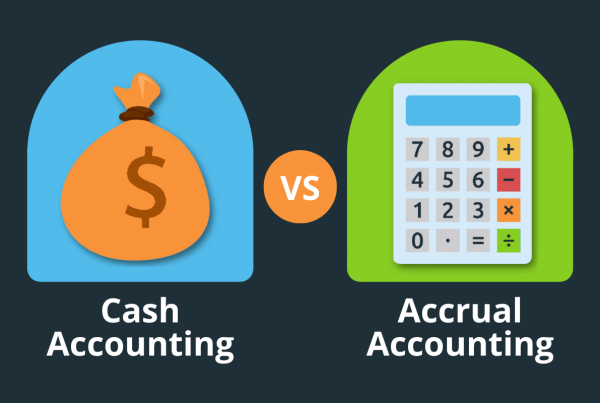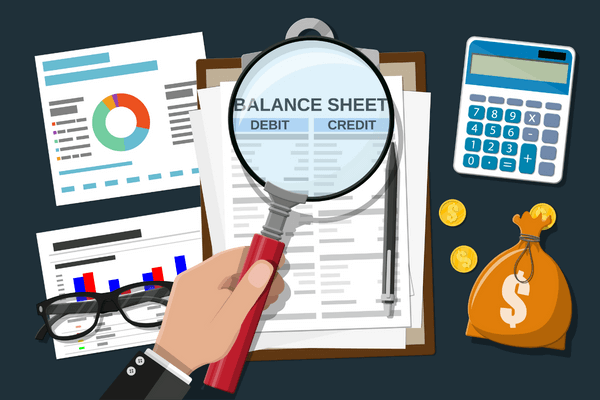How do you know if your accountant knows what they are doing with ecommerce accounting? Just because someone is an accountant, doesn’t mean they are ecommerce-savvy.
It’s important to know that there is a difference between your bookkeepers, accountants, and CPA’s. A bookkeeper is someone who may or may not have a degree in accounting. An accountant is someone who typically has a college degree in accounting. And a Certified Public Accountant (CPA) has a college degree in accounting, usually an advanced degree such as a master’s degree, and has passed the CPA exam. Additionally, they are required to work under another CPA for a certain number of hours and receive a license to practice from their state.
What does that mean for you? The main thing to remember is that because bookkeepers and accountants don’t require a license, there may not be any recourse if you use an accountant or bookkeeper who is inadequate. So, it’s important to make sure they know what they are doing. Either way, even if you do use a CPA, making sure your books are accurate is ultimately the company’s responsibility. And many CPA’s do not understand the unique challenges of ecommerce accounting.
Is Your Accountant Getting it Right?
There are a few things to keep your eye on in order to know if your accountant is getting it right when it comes to ecommerce accounting. For more suggestions click here.
Cost of Goods Sold
Cost of Goods Sold (COGS) is an important number for ecommerce businesses as it’s usually the largest expense on your financials and tax returns. Ask yourself a few important questions in order to determine if this number is being recorded correctly. These could include:
- Is COGS being recorded at the end of the month?
- What costs is your accountant including in COGS? (Costs like Materials, labor; not costs such as office rent, marketing, or sales commissions.)
- Does the value of your inventory on hand seem correct on your balance sheet?
- Does your COGS consistently change with the increase and decrease of sales. Large changes in COGS, without large changes to sales, is a red flag.
These as well as other questions can help you pin down whether something might be off.
For more information on COGS click here.
Sales Deposits
Has your accountant adjusted your deposits to show that Gross Sales – Fees = Deposits (cash in your bank)? Unfortunately, it is not uncommon for business owners and their accountant or bookkeeper to see a deposit in their bank account and record this number as revenue. This is the wrong way to record sales for ecommerce businesses and will give you an inaccurate picture of how well your business is performing. Problems with this wrong method of recording sales include the following:
- Income numbers are inaccurate (therefore creating a number issues when it comes to receiving loans, valuing your business during an exit, etc.)
- The timing of transactions is inaccurate
(For more information on how ecommerce accounting is different from other businesses, click here.)
Think about it this way, if you are an Amazon Seller and your deposit is $5,450, it’s important to note that that is NOT your gross sales number. Your sales are greater than that because fees were taken out first and the remainder was remitted to you. You can make sure your accountant is using the correct gross sales numbers by:
- Spot-checking Amazon Settlement Statements
- Checking revenue reports from your various ecommerce platforms
Sales Tax
It’s important to check and see if you should collect and remit sales tax. If this is not something your accountant is familiar with, then it might be a good idea to consult with an outside professional. If this is something your accountant oversees, then it is a good idea to make sure it’s being done correctly. Asking the following questions can help you get an idea of whether it’s being done right:
- Are we collecting and remitting for each state according to their individual requirements?
- Are we using a separate bank account for our sales taxes?
- Is our sales tax process automated?
- Are we recording sales tax as under accounts payable (it should not be an expense)? And is it being adjusted accordingly when collected and remitted?
It is a good idea to ask your accountant if they feel overwhelmed with doing sales tax on top of all their other responsibilities. If so, using a sales tax consultant can help you be sure that your accountant is getting your sales taxes right.
Getting Ecommerce Accounting Right
Don’t just assume that your accountant knows what they are doing. Accountants are human and make mistakes too! Check key numbers like COGS, sales deposits and sales taxes. This can help you get an idea if things might be off. Making sure your accountant is getting it right, will help you have the peace of mind that everything is running smoothly in your business. And you will have accurate numbers that will help you make better, more informed business decisions.
If after reading this blog, you decide you need some expert ecommerce accounting help, let us know. Our team is specialized in this!





